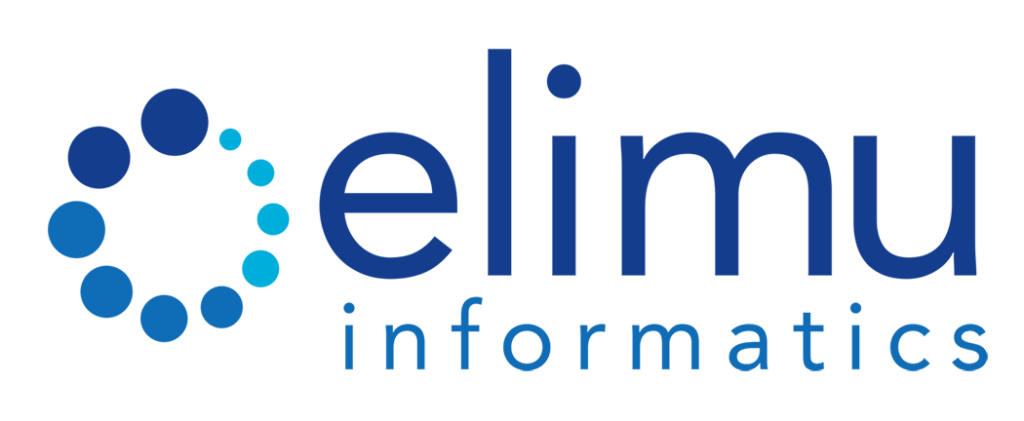Dec 20, 2024 | Dr. James Shalaby
Collaboration and Interoperable Integration for Healthy Communities
In October, I attended the Civitas Networks for Health Conference and it was gratifying to see the remarkable progress underway in many states to build collaboration, infrastructure and integration to better coordinate social and medical care in their communities. While Civitas collaborates with international organizations and initiatives, their primary focus is on improving health outcomes within the United States. Their membership consists of organizations across the U.S., and their programs and initiatives are tailored to the U.S. healthcare system and policy landscape.
As we look ahead, we expect with the new administration, there will be significant cost-containment pressure on combined social and medical care spending. It will be more important than ever that we make progress with adoption of interoperability and data standards for Health Related Social Needs (HRSNs) so that we can not only better coordinate our healthcare and social services resources but also more effectively measure the effectiveness and impact of these services on community health outcomes and overall spending.
Many studies have shown that other industrialized nations spend more on social care than medical care and demonstrate better health outcomes than the US where healthcare spending far outpaces social care spending. A recent analysis even found a strong positive correlation between social protection expenditure and healthcare status in the European Union. And yet, in the US, our system complexity and lack of data standardization make it difficult to achieve a holistic understanding of how optimally balancing our investments can help us achieve better health outcomes and potentially reduce our overall spending.
At the conference there were many presentations on the collaborations and programs underway illustrating the kinds of transformations and lessons learned that are taking place across the country to support integration and coordination of social care with medical care. Our team at Elimu Informatics is proud to have worked with the Gravity Project for over 6 years on the development of interoperability standards and more recently with implementers of these standards, especially in New York State (NYS) in their 1115 waiver-funded social health network project. They are focused on fundamental reform of the way health care services are delivered through its Medicaid program by fully integrating social care and health care into the fabric of the NYS Medicaid program.
They are leveraging the Statewide Health Information Network for New York (SHIN-NY) infrastructure to enhance and aggregate screenings & referrals into a single statewide registry to better support coordination of services and outcomes measurement. They have created a FHIR IG to guide implementation and adoption in support of HRSN data exchange among Qualified Entities (QEs), Social Care Networks (SCNs) and SHIN-NY. While there are many challenges ahead, collaboration, communication, flexibility and continuous learning will help us make progress. Our professional services team at Elimu Informatics is ready to assist with planning, governance, guidance on Gravity standards, implementation, and leveraging lessons learned so that these standards can be refined to support the diverse needs of the stakeholders.
